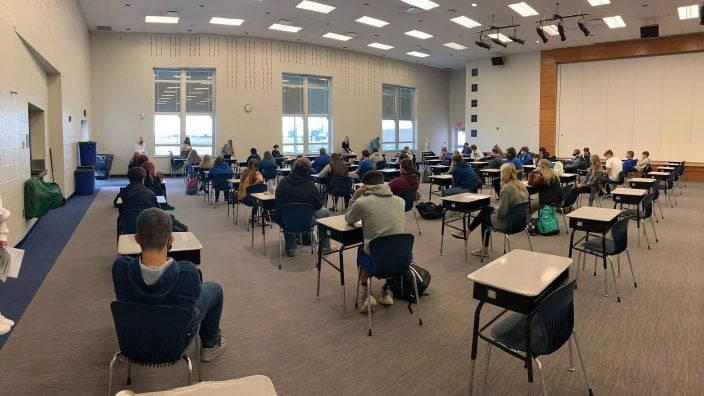2024 NE Counties Gun Raffle
Raffle tickets are $25 each with all proceeds supporting programming and events that will expand and grow agriculture’s footprint in the county.
Read MoreIt’s graduation time! A time of transition for graduating high school and college students to further their education or enter the workforce. It has been nearly four decades, but not quite, since I graduated from a high school that no longer exists with my fellow 63 classmates. Then I headed to the big city of Columbus to The Ohio State University. I have to say, coming from rural northeastern Ohio, it was quite the shock.
With thoughts of graduation and upcoming college careers, I recalled a conversation with a more recent graduate of OSU. He also came from a farming family but began his college career at the OSU Agricultural Technical Institute (ATI) and then transferred to the main campus in Columbus for years three and four. We talked about the similarities we experienced and the differences, too. But what really stuck with me from this conversation was Aaron’s strong belief that colleges and universities should include agriculture as one of the “gen ed” requirements for graduation.
Gen ed, or general education requirement, or some schools call it “core,” is required curriculum that makes up the foundation of an undergraduate degree. Every university crafts its own gen ed requirements. Common gen ed areas include English composition, foreign language, natural sciences, arts and humanities, math and social sciences. More colleges are adding health, P.E., and diversity and inclusion requirements. How many classes does a student need to graduate? Depends on your major, but I looked up the requirements for a bachelor’s degree at Kent State University at Trumbull. There are 120 hours of coursework required, of which were 36 hours of “Kent Core.”
The goal of gen eds is to broaden college students’ perspectives. So even if you are not a math major, chances are you will still need to take a math class and hopefully it will be useful to you down the road. Well, the way Aaron and I think, agriculture courses would make a great gen ed.
People need food every day. Learning how agriculture has developed in this country and how it is able to grow and change to keep feeding more people than ever is very valuable. But proceed with caution. Who will teach these classes? In the wrong hands, more harm could be caused than good. I remember taking a class to fill a gen ed requirement — a women’s study course. My roommate had taken it the quarter before me and enjoyed it immensely. My experience was quite different. I got a different teacher who was bent on pushing a personal agenda on her captive audience. My fear is some would do the same and just use it as an opportunity to bash agriculture instead of building an appreciation for the industry that sustains them.
Agriculture gen eds could be great, but it is a huge challenge. Even if you had the right curriculum and the right teacher, how do you get today’s students interested in agriculture? The only class that I can remember that drew students to ag campus, west of the Olentangy River, was the wine appreciation class offered by the horticulture department. It was hard to get into this class.
Part of the answer is to not wait until students get to college. Ag education is something Farm Bureau is very passionate about. Ashtabula County Farm Bureau and OSU Extension just completed their annual Ag Day event where every first grader in the county participated in hands-on interactive stations learning about everything from farm animals, soils, fruits and vegetables, bees and much more. Ag Explore! I can’t say enough good things about this program. What an awesome opportunity for teens to learn about various aspects of agriculture and career opportunities.
No matter the age of the student, we at Farm Bureau will continue to strive to provide opportunities to learn about and appreciate agriculture.
Submitted by Mary Smallsreed, a member of the Trumbull County Farm Bureau and grew up on a family dairy farm in northeast Ohio.
OFBF Mission: Working together for Ohio farmers to advance agriculture and strengthen our communities.


Raffle tickets are $25 each with all proceeds supporting programming and events that will expand and grow agriculture’s footprint in the county.
Read More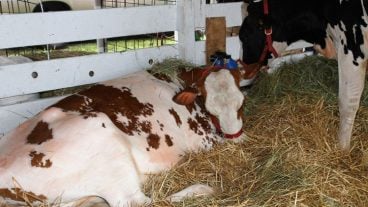
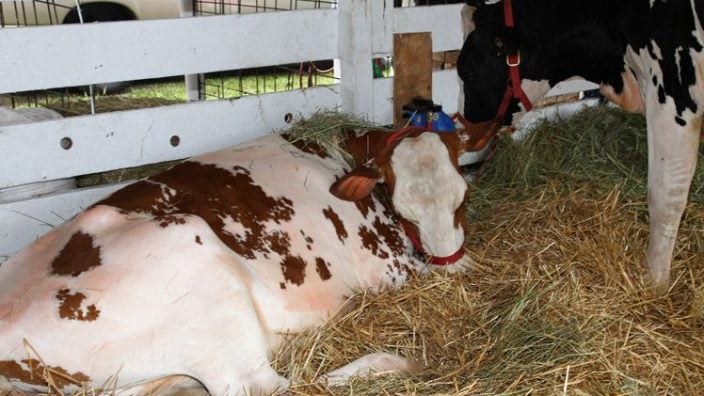
Farm Bureau and county fairs go hand in hand. Both are a lot of fun and love to promote agriculture.
Read More

Geauga County would like to honor its 2024 scholarship recipients Brittany Adams, Dennis Bergansky, Samantha Bergansky, Garrett Hastings, Jack Hastings, Erika Katchmar, Jessica Lesner, Rachel O’Reilly, and Michael Soltis!
Read More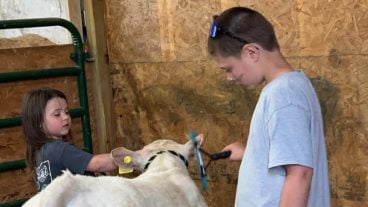
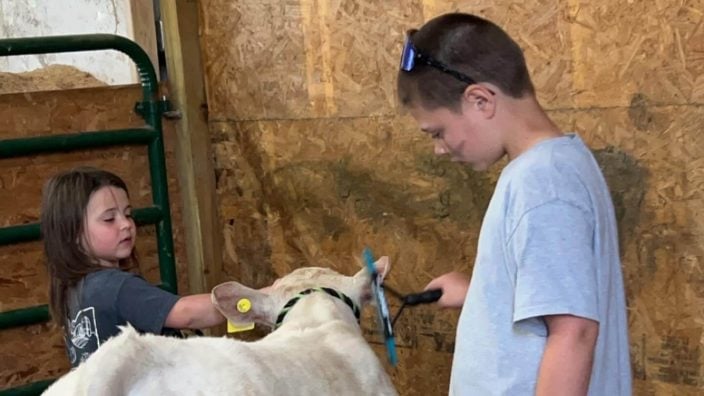
Let’s continue to embrace the hard things and enjoy the beauty of every season.
Read More

If you have any questions about your gardens, OSU Extension and the Trumbull County Master Gardener Volunteers are here to assist.
Read More
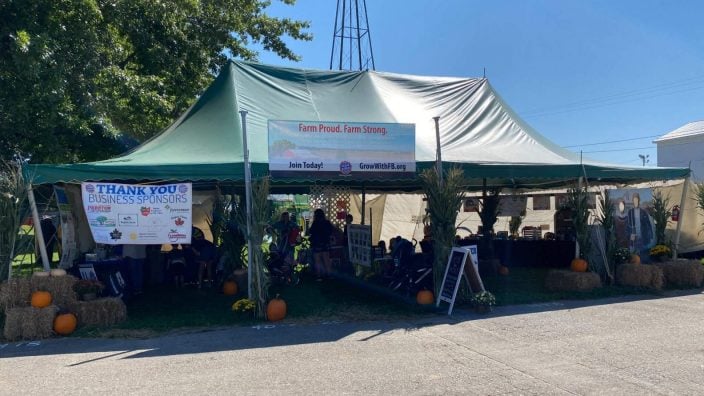
Fair is quickly approaching and that means we are busy planning our fair tent. We are once again looking for volunteers to help make our tent memorable for all who visit.
Read More

A farmer answers some of the most common questions about milk.
Read More

It’s too bad there isn’t a place on a resume for this skill.
Read More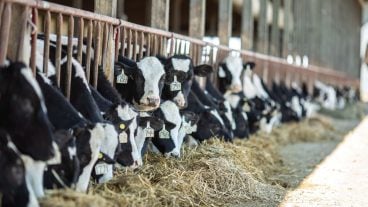
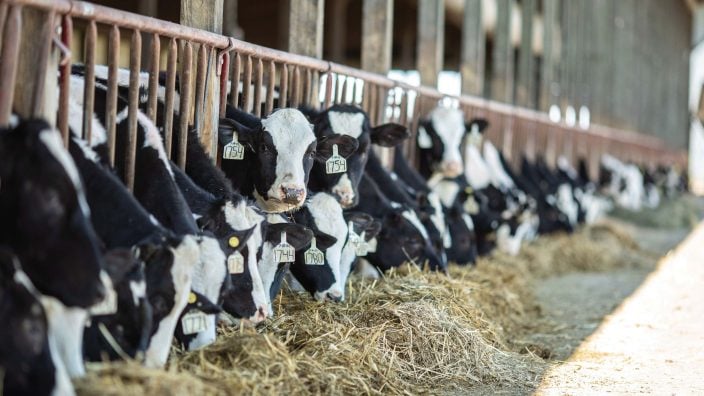
June is Dairy Month, a time to promote the dairy industry and to remind consumers of the health benefits that dairy products provide.
Read More

By giving yourself grace and implementing practical strategies, you can navigate busy times while taking care of your mental health.
Read More